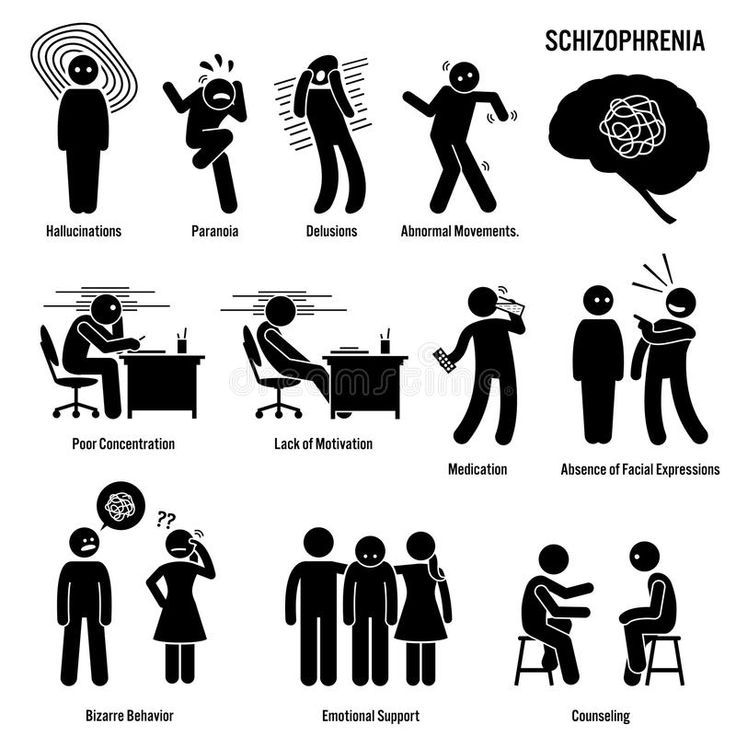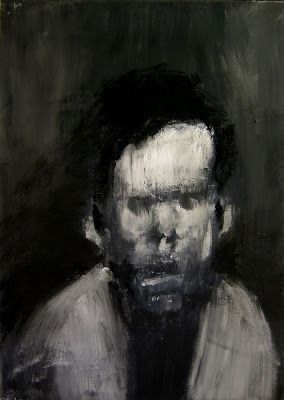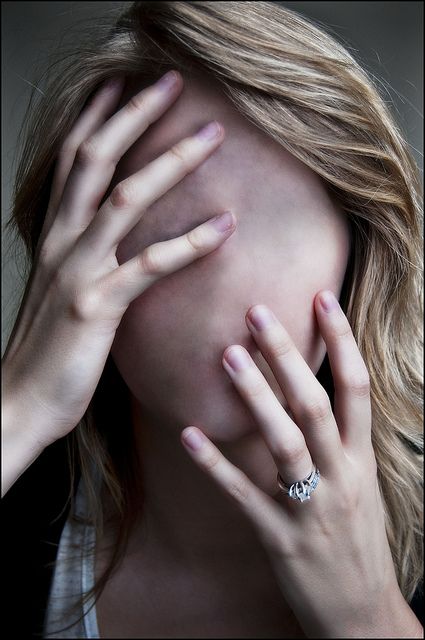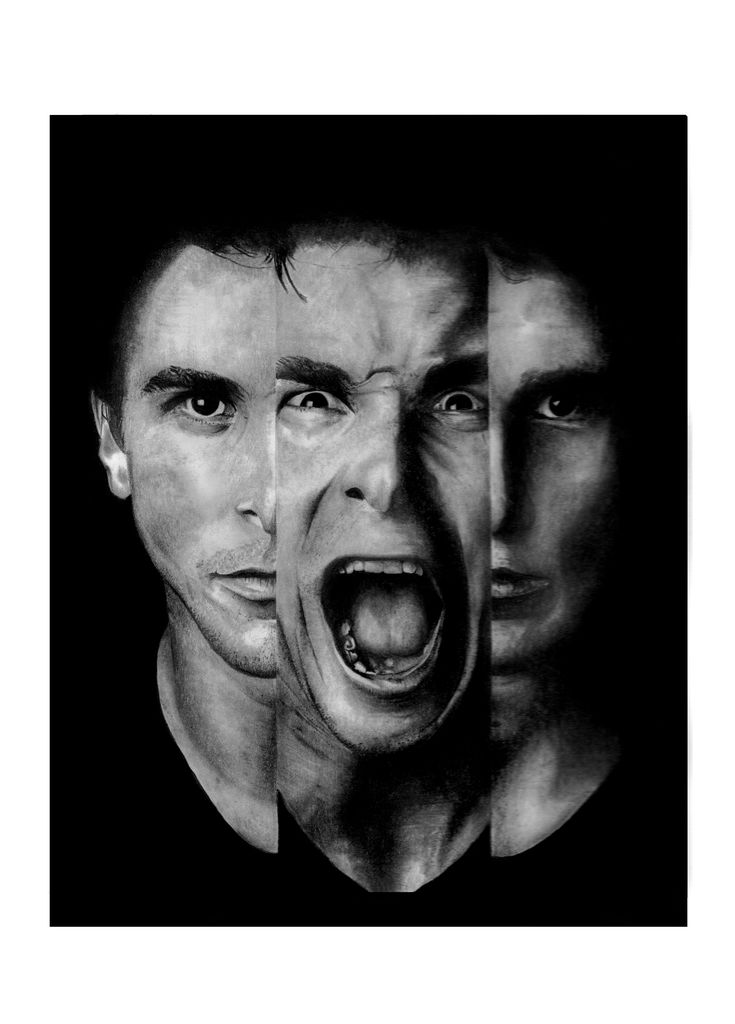Schizophrenia: Understanding the Disorder, Causes, Symptoms, and Treatment
Introduction: What is Schizophrenia?

It is a chronic, severe mental health disorder that fundamentally alters how a person thinks, behaves, and perceives reality.
Often misunderstood, this disorder leads to a range of symptoms, from hallucinations and delusions to disorganized thinking and severe cognitive impairments.
Schizophrenia does not mean “split personality,” as is commonly believed, but rather a disruption in the perception of reality.
According to the Mayo Clinic, it is a complex condition that affects about 1% of the global population, usually beginning in late adolescence or early adulthood.
Despite being a lifelong illness, the disease can be managed through medications, therapies, and community support systems. Early diagnosis and treatment improve the chances of leading a fulfilling life.
This article will explore everything from the causes and symptoms to treatments, helping you better understand this challenging condition.
Schizophrenia Symptoms and Signs

The signs and symptoms can be categorized into three main types: positive, negative, and cognitive symptoms. These terms don’t necessarily denote “good” or “bad” but reflect the nature of the symptoms.
Positive Symptoms
Positive symptoms refer to behaviors or perceptions that are added to a person’s experience and are not present in individuals without the disorder. These include:
- Hallucinations: The most common are auditory hallucinations, where individuals hear voices that are not there. Visual, tactile, or olfactory hallucinations may also occur.
- Delusions: False beliefs that are resistant to reason or contradictory evidence. Delusions of persecution, grandeur, or control are common.
- Disorganized thinking: People with schizophrenia may have trouble organizing their thoughts or connecting them logically. This can result in incoherent speech or difficulty following a conversation.
Negative Symptoms
Negative symptoms reflect an absence or decrease in normal functioning, such as:
- Reduced emotional expression: A person might seem emotionally flat or disconnected.
- Anhedonia: Inability to experience pleasure or interest in everyday activities.
- Avolition: Reduced motivation to engage in self-directed activities, including personal hygiene.
- Social withdrawal: Isolating from social interactions or being uninterested in forming relationships.
Cognitive Symptoms
These symptoms relate to problems with thought processes and include:
- Poor executive functioning: Difficulty processing information and making decisions.
- Trouble focusing: Inability to concentrate on tasks or maintain attention.
- Impaired working memory: Difficulty remembering recent events or conversations.
Recognizing the early signs of schizophrenia is crucial for timely intervention. Early signs can include social withdrawal, mood changes, erratic behaviors, and a decline in performance at work or school.
Symptoms typically start in the late teens to early twenties for men and slightly later for women. Early intervention and treatment can prevent symptoms from worsening and improve long-term outcomes.
Types of Schizophrenia

The disease is not a one-size-fits-all disorder. There are multiple subtypes, each with its own distinct set of symptoms:
Paranoid Schizophrenia
This subtype is characterized by paranoid delusions—irrational beliefs that others are plotting against the individual or trying to harm them.
Symptoms also include auditory hallucinations. These individuals may appear hostile, anxious, or hypervigilant.
Catatonic Schizophrenia
It is marked by disturbances in movement. A person with this subtype might remain in a fixed position for hours (catatonia) or engage in excessive, repetitive movements.
This form can severely limit a person’s ability to care for themselves or interact with others.
Schizoaffective Disorder
This is a combination of symptoms and mood disorders, such as bipolar schizophrenia (manic episodes) or depression.
Schizoaffective disorder can sometimes be difficult to diagnose due to its overlap with both mood disorders and this disease.
Undifferentiated Schizophrenia
When someone exhibits symptoms but doesn’t fit into any of the above subtypes, they may be diagnosed with THIS CONDITION.
Disorganized Schizophrenia
This type is marked by incoherent speech, fragmented thinking, and inappropriate emotions.
It is considered one of the more severe forms of schizophrenia due to its effect on daily functioning and self-care.
Childhood Schizophrenia
This disease in children is extremely rare but devastating. Early onset, known as schizophrenia in teens or childhood schizophrenia, can affect social and cognitive development, leading to severe challenges in education and personal growth.
Signs of schizophrenia in teens may include hallucinations, delusions, and difficulty forming peer relationships.
Schizophrenia Causes

The exact causes remain unknown, but research suggests a combination of genetic, environmental, and brain chemistry factors plays a role.
Genetic Factors
Individuals with a family history of this disease are at higher risk. If a parent or sibling has the disease, your risk increases.
However, genetics alone cannot predict whether someone will develop the disorder, as many people with the disease have no family history.
Brain Chemistry and Structure
Neuroimaging studies have shown differences in the brain structure and function of people with the disease, particularly in areas that control thinking, perception, and emotion. An imbalance in neurotransmitters like dopamine and glutamate may also contribute to symptoms.
Environmental Triggers
Prenatal exposure to viruses, malnutrition, or stressful events early in life may increase the likelihood of developing the disease. Drug use, particularly during adolescence, has also been linked to the onset of symptoms.
Schizophrenia Therapies and Treatment Options
While there is no cure for the disease, treatments can effectively manage symptoms and help individuals lead more fulfilling lives.
Medication: The First Line of Defense
Antipsychotic medications are the cornerstone of treatment. These drugs help reduce the severity of hallucinations, delusions, and disorganized thinking.
A newer class of antipsychotics, including lumateperone, has been shown to improve both positive and negative symptoms with fewer side effects than traditional medications.
Cognitive Behavioral Therapy (CBT)
Cognitive therapy focuses on helping individuals manage their symptoms by changing their thinking patterns. CBT can teach patients how to recognize and challenge delusional beliefs and develop coping mechanisms for daily life. It can also help with depression, which commonly co-occurs with disease.
Family Therapy
Family therapy aims to provide support not just for the person with the condition but also for their loved ones. Educating families about the disorder and how to communicate effectively with their loved ones can help create a supportive home environment conducive to recovery.
Rehabilitation and Social Skills Training
These therapies focus on improving a person’s ability to function in social and work settings. Living with schizophrenia often comes with challenges related to work, relationships, and independent living. Social skills training helps individuals learn how to interact in various social situations, while rehabilitation programs provide job training and educational support.
Finding Schizophrenia Treatment Near Me
For those searching for help, finding the right treatment is crucial, here are some resources:
Schizophrenia Specialists and Doctors Near Me
Finding the best schizophrenia doctors near me or a schizophrenia specialist near me can significantly impact treatment outcomes. Many hospitals and clinics have dedicated psychiatric units where patients can receive specialized care.
Paranoid Schizophrenia Treatment
Individuals suffering often need a combination of medication and psychotherapy. Specialized care can help manage the unique challenges associated with this subtype.
Cognitive Therapy Near Me
For those seeking, a therapist specializing in schizophrenia can make a world of difference. Searching for a schizophrenia therapist near me or a schizophrenia helpline can connect you with valuable resources.
Early Signs of Schizophrenia in Women and Teens

While the symptoms are generally the same across genders, there are differences in how the disorder presents in men and women. Women tend to develop the condition later in life, often during their late twenties or early thirties, compared to men, who typically show symptoms in their late teens or early twenties. Early signs of schizophrenia in women may include mood disturbances, social isolation, and cognitive changes.
schizophrenia in teens is often difficult to distinguish from typical adolescent behavior. Early signs of schizophrenia in teens include a decline in academic performance, erratic or strange behaviors, and withdrawal from social activities.
Living with Schizophrenia
While this disease is a challenging disorder, many individuals with the condition lead fulfilling lives with the proper treatment. Living with it requires ongoing support, medication adherence, and frequent check-ins with healthcare providers. In addition, a strong support network, including family, friends, and healthcare professionals, can make a significant difference.
Understanding that schizophrenic persons are still capable of love, work, and joy is essential in breaking the stigma associated with the disorder.
Conclusion
It is a complex and multifaceted mental disorder, but with advancements in treatment and a growing understanding of its causes, those diagnosed can now live healthier and more fulfilling lives. Early detection, proper treatment, and support from specialists can make all the difference. For anyone experiencing symptoms or worried about a loved one, seek help immediately—reaching out to a schizophrenia helpline or a “schizophrenia specialist near me”
The Above used pictures are the product of Pinterest.


Very informative good work keep it up
Thank you for your kind review, for more health-related info, keep visiting our website phcworld.com